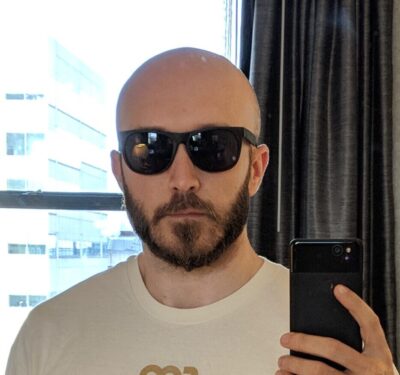The theatrical Worst Year Ever heads into month 19
Damn, we’re in September already?
Time flies when not a whole lot of new movies are coming out, right? I missed that, along with the Top Gun delay, Mission Impossible 7 got pushed back with it. I can’t imagine it will be the last, as I’ve said repeatedly.
I think I keep repeating myself on this in the hopes that someone, somewhere in a position of influence will listen. I know that’s a pretty silly hope in the grand scheme, but hey you never know. Relatively small numbers of people will have actual insight into what goes into these business decisions and the rest of us are left to make guesses from the outside.
This feels doubly true of streaming revenue, which is notoriously secretive. We got an interesting and rare look at the Black Widow numbers from public filings from the lawsuit, but otherwise every estimate out there is a semi-educated guess at best. But those BW numbers let us average Joes know for sure something we have suspected forever: streaming a big-name movie on a premium service nets you a ton of money. $125 million for Black Widow at the time of the filing, just on Disney+.
For a movie like Black Widow those numbers aren’t great, but added to the $371 million the movie has made worldwide in physical theaters and it’s doing just fine in my eyes.
My own personal guess as to why streaming numbers aren’t shouted from the rooftops is that Those Who Make Decisions still don’t want to endorse streaming as a viable medium. They would rather keep it as an unfortunate necessity, only created to appease those of us in the Netflix-as-a-streaming-service-and-not-just-DVDs-by-mail generation. “Movies should only ever be seen in the theaters” we’ve heard over and over, pushing services like Netflix to full-on start making their own movies rather than trying to keep securing streaming rights to movies made by other companies.
This seems catastrophically shortsighted to me. Why leave the inevitable expansion of top-tier films into immediate streaming for later when you could get a head start on everyone else dragging their feet? It feels to me like a hybrid day-and-date release future is inevitable, and the first company to go all-in on that model long term will be all the better for it.
I grew up going to movies in person, because it was that or wait for an overpriced VHS. I watched the Internet evolve and eventually get to the point where the average person could stream video into their own home. I still have a heavy nostalgia for the “traditional” experience, and as I’ve said in the past nostalgia is a powerful force. But look at the experience for any child under 10 right now, or maybe even a wider time span than that. Anything you might want to watch, at any time, on your schedule, commercial-free in the palm of your hand. How is that generation going to react to being told “you need to be in a specific place at a specific time to watch this content”?
To me it would be like saying I’ll have to schedule my life around TV shows again. It’s just not going to happen, there is no putting the genie back in the DVR bottle. For some reason innovation in service seems like the last thing that gets money spent on it, which is why services that make the gamble to move first, like Netflix in the video streaming industry who now has twice as many subscribers as the next closest competitor, often end up with such a huge advantage. And the ones who hold back too long end up like Sears (with Internet shopping) or Kodak (with digital photography).
The Kodak example is a classic, they literally invented digital photography and failed to see the potential. Can you imagine what Rochester would look like as a city if it headquartered the originator of the technology that accentuates the device in nearly everyone’s pocket, a technology they had fully invested in and maintained control of?
The Sears example is more tragic than even most people know. It’s common knowledge that Sears’ decline was heavily pushed by their refusal to move away from physical paper catalogs. That system had been working for Sears for over 100 years, why change that just because some overpriced computers can talk to each other? It goes deeper than that, unfortunately. In the 1980’s Sears was also the founder of Prodigy, which became the 3rd largest Internet provider in the 90’s. They already had the ultimate omnichannel shopping network set up, where you could buy anything from shoes to an entire house, and now they were founding a direct interface with potential customers right inside their homes, no paper printing even needed.
Sears had the potential to be Amazon decades before Jeff Bezos’s parents even gave him $300k to be a “self-starter”. But instead they put a financial chop-shop runner in charge and turned into another cautionary tale that nobody is listening to. Consumers want things to be easy. Digital technology powered by the computers in all of our hands makes nearly anything possible. Make it happen, adapt or die.

